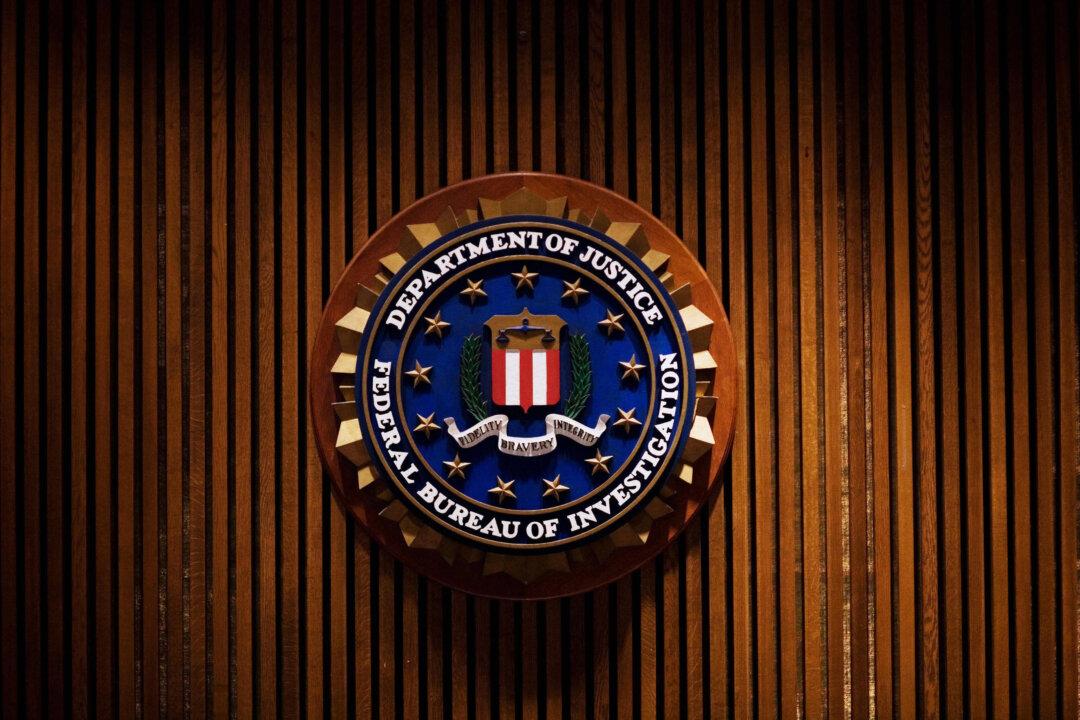FBI lawyers within the agency’s National Security and Cyber Law Branch (NSCLB) have “inappropriately” weighed in on matters typically reserved for federal prosecutors, according to a report released by the Department of Justice Inspector General’s Office on Sept. 29.
The report (pdf) found that “aggressive” attorneys working for the NSCLB had “inappropriately opined on matters related to sufficiency of evidence, certain charging decisions, and discovery obligations.”




